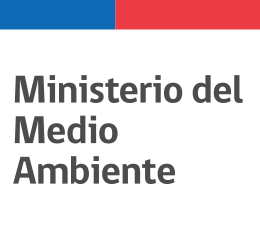 Taxonomic Split 112134
(Guardado el 28/07/2022)
Taxonomic Split 112134
(Guardado el 28/07/2022)
|
|
dividido en |
|
Comentarios
While the split roughly restores where the subspecies should be by region, it seems to have overlooked Cape Breton, as per this part of the Nova Scotia Department of Natural Resources story about the Cape Breton moose that I quoted from in my comment on the merge in 2019:
"The mainland moose and the Cape Breton moose are two separate sub-species. On the mainland, the moose are Alces americana and in Cape Breton the species is Alces andersonii. The original indigenous population of Alces americana in Cape Breton was extirpated in the late 1800's - early 1900's. The cause of this extirpation remains unknown. The current population in Cape Breton started from the introduction of 18 Alces andersonii moose from Alberta in 1947 and 1948. The moose from the mainland are native to eastern North America."
https://novascotia.ca/natr/wildlife/sustainable/mmoosefaq.asp#mm2
Could the Cape Breton moose please be put back to A. a. andersoni as they were back in 2019?
Please see http://www.accdc.com/webranks/NSvert.htm ranks for NS which supports the DNR story on their website (sorry about the poor formatting of my copy-and-paste from the table ... it looks better in the table at the link).
Cervidae Alces alces Moose Orignal G5 N5
S1 2022 03 14
AMALC03020
Cervidae Alces alces americana Moose Orignal G5 N5
Endangered S1 2022 03 14
AMALC03010
Cervidae Alces alces andersoni Northwestern Moose
G5TNR N5
S5 2000 09 25
AMALC03011
The issue I was trying to address is the Endangered status of the mainland Nova Scotia moose which are A. a. americana. If you don't distinguish the small but healthy and stable population of introduced A. a. andersoni in Cape Breton from the mainland NS moose, you don't get a clear picture of the plight the mainland moose are in.
@benarmstrong I have adjusted the atlases for these subspecies so that Cape Breton is included with Alces alces andersoni and excluded from A. a. americana. I committed a new taxon change here and I believe this should fix the issue.












@loarie there seem to be significant issues that occurred when I committed this swap. The input was de-activated but none of the inputs were activated.